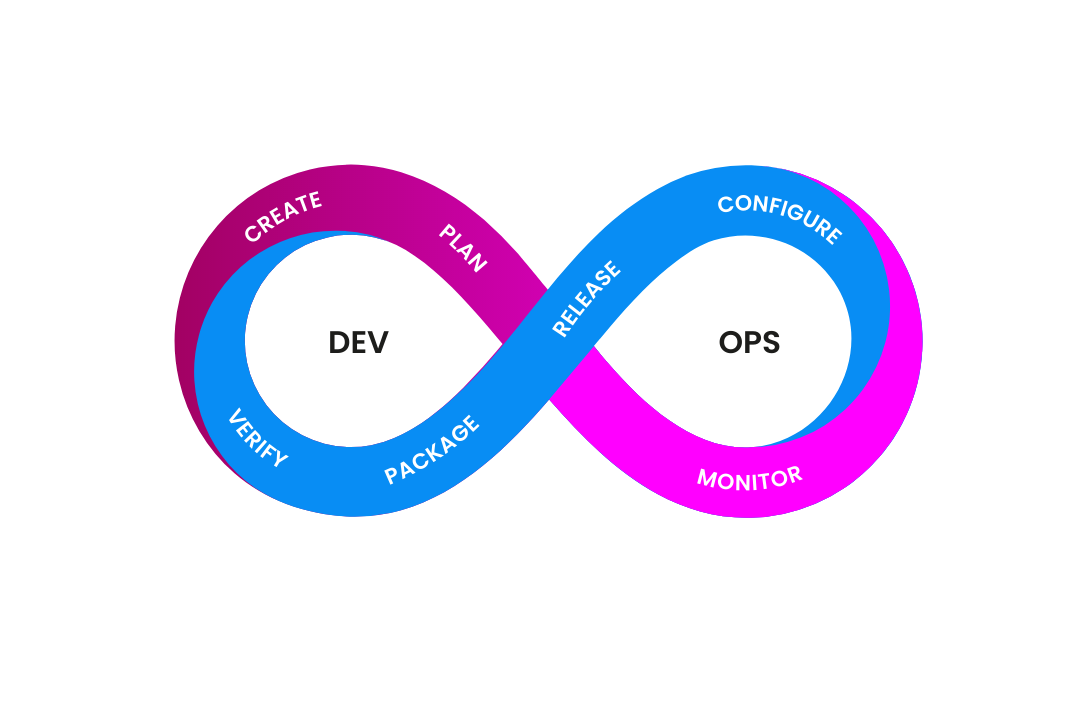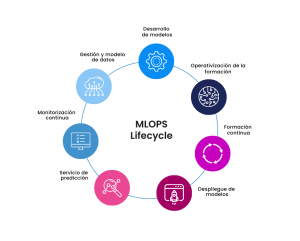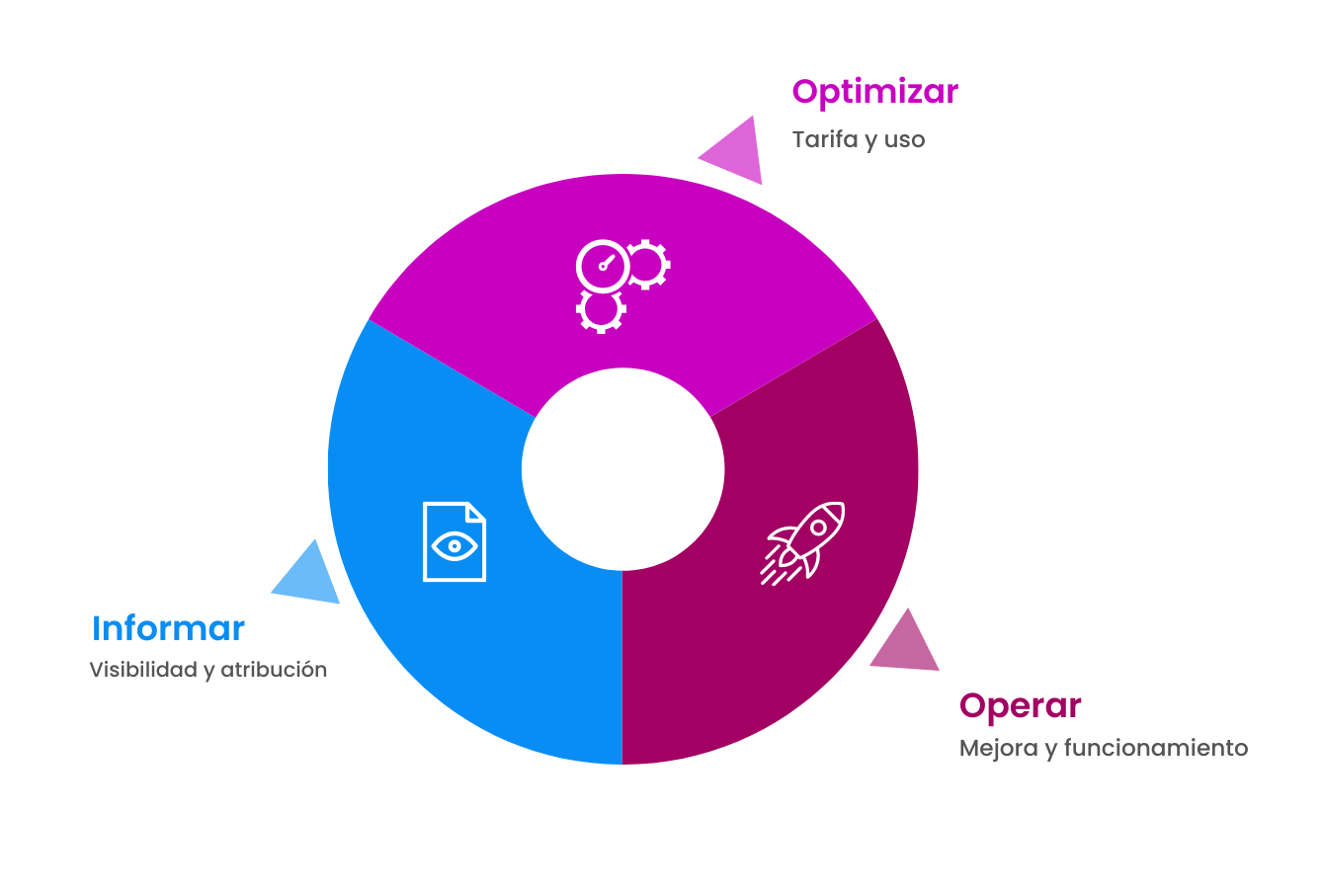Ops on trend: Driving your IT transformation
The rapid evolution of technology and the adoption of digital transformation have generated demand for practices and methodologies that enable companies to develop, implement and manage technology solutions faster, more efficiently and collaboratively.
Ops have emerged in response to this need, focusing on improving collaboration between teams, automating processes, optimizing infrastructure and using emerging technologies, such as artificial intelligence, to improve operational efficiency. In short, the main objective of Operations is to achieve efficient, reliable and continuous delivery of software and services, as well as to ensure the proper functioning of systems and applications in production.
In this article we introduce you to the types of Ops that are trending in the IT sector and that are enabling companies to better adapt to today’s technological challenges and stay competitive in a constantly evolving market.
The 3 Ops that empower your business:
1. DevOps
DevOps is defined as a collaborative philosophy that aims to streamline the delivery of software and services by automating and integrating tasks between IT development and operations teams.
DevOps practices promote process automation, continuous monitoring, frequent deployment and constant code integration, enabling a faster and more efficient delivery cycle.

In addition to automation and collaboration, DevOps also fosters continuous improvement through constant feedback and learning from successes and failures. This, in turn, enables easy, fluid adaptation to change and rapid response to business and customer needs.
2. MLOps
MLOps, also known as Machine Learning Operations, is a key extension of the DevOps methodology, which aims to integrate ML and Data Science processes into the development and operations chain.
MLOps focus on developing, training and deploying ML models with automated procedures that integrate Data, Development, Security and Infrastructure teams. As a result, it not only increases productivity, but also facilitates rapid problem detection and correction, providing greater accuracy and overall model performance.
By applying MLOps best practices, companies can leverage the full potential of machine learning in their operations, increasing the ability to make data-driven decisions and improve the customer experience through smarter, more personalized solutions.
.

3. FinOps
FinOps is an acronym for the terms finance and DevOps, and a new cloud operation methodology that integrates the areas of business, technology and finance, with the aim of sharing financial responsibility and enhancing business value through cloud transformation.
The pay-per-use model and the ease of contracting cloud services has led to a significant increase in operating costs, and FinOps has emerged as an answer to control and optimize IT costs.
According to the Finops Foundation, the process of this methodology goes through these 3 phases:
- Inform: The first step consists of keeping the company informed about investment allocation, benchmarking, budgeting and cost forecasting.
- Optimize: Teams must move to optimize their cloud utilization, focusing on discovering new savings opportunities.
- Operationalize: After implementing finance-aligned solutions, move to continually evaluate performance against business objectives looking for continuous improvement.

By implementing FinOps practices, companies can achieve greater financial efficiency, better resource utilization and maximize the return on investment in their cloud operations.
In a constantly evolving business environment, the adoption of Ops has become a strategic advantage to achieve a level of competitiveness and success in the market, allowing companies to streamline software delivery, integrate machine learning into their operations, improve efficiency in IT management and optimize costs in the cloud with FinOps.
In this framework, Altostratus can help you implement these methodologies, making the best alignment of resources in Google Cloud to ensure smooth operations and the best use of cloud resources.
Want to know more about Ops and how to implement it in your company?
Request an advisory meeting with our team.



